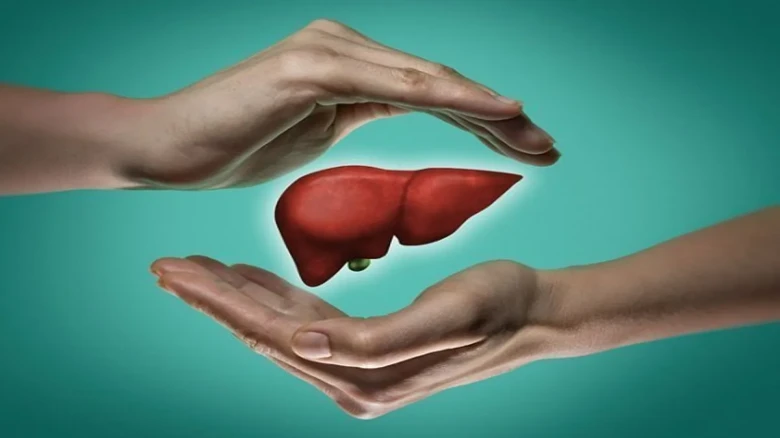National

Obese people, those with type 2 diabetes, those with high cholesterol and blood pressure, and those who are insulin resistant, among other factors, are more likely to develop NAFLD.
Digital Desk: Every year on April 19, World Liver Day is commemorated to raise awareness about health issues and complications that might damage this crucial organ in our bodies. This day is intended to promote health by emphasising common liver disease symptoms and explaining management and preventative options.
There are numerous liver problems related with increased alcohol consumption. However, not all liver disorders are due to drinking. Non-alcoholic fatty liver disease (NAFLD) is actually extremely frequent.
It is caused by a buildup of excess fat in the liver. According to the National Health Service in the United Kingdom, early-stage NAFLD is usually innocuous, but if it progresses, it can cause significant liver damage.
Obese people, those with type 2 diabetes, those with high cholesterol and blood pressure, and those who are insulin resistant, among other factors, are more likely to develop NAFLD. A doctor may prescribe medications to treat the underlying causes of NAFLD, and in severe situations, a person may require a liver transplant. However, there are a few lifestyle adjustments that might help to mitigate the symptoms of NAFLD.
Lose weight
2. Evaluate your diet.
Eat a well-balanced diet that includes plenty of fruits and vegetables, protein, and carbohydrates while minimising your intake of fat, sugar, and salt. Eating smaller meals is also advised.
3. Reduce your intake of sugar.
While we're on the subject of diet, it's worth noting how hazardous sugar consumption is for NAFLD patients. According to study, fructose and sucrose can help the liver store fat over time. It is advised to avoid candies, ice cream, cold beverages, and sugary desserts.
4. Quit smoking
While there is no link between NAFLD and alcohol intake, smoking can aggravate your condition. It can have a significant impact on how drugs react in your body, as well as exacerbate NAFLD-related illnesses.
Leave A Comment